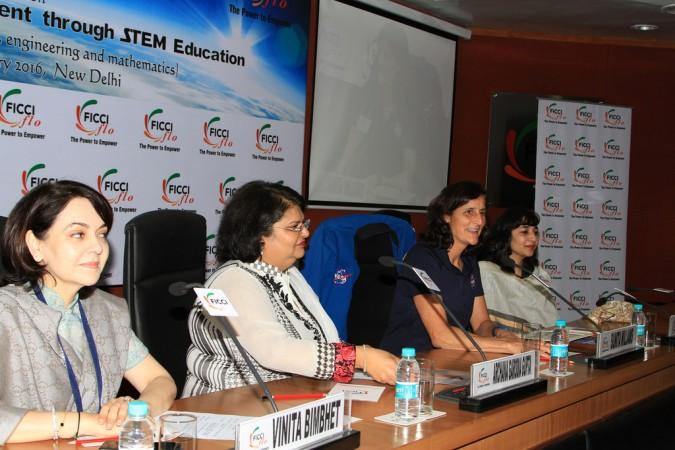
The Federation of Indian Chambers of Commerce & Industry (FICCI), an association of India's business organisations, is syndicating a second line of women leaders to facilitate succession planning across Indian corporates, reported Press Trust of India. The move is expected to increase the absolute number of woman leaders available in the country.
Majority of India's first line women leaders or company directors are currently members of FICCI Ladies Organisation (FLO), the industry body's women wing. It is also this organisation that has taken up the task to strengthen the availability of women leaders for India's many business firms.
Regulations prevailing in the country stipulate at least one woman leader on all the boards of all listed companies. As of March 31, 2016, data, only 1,375 of 5,452 listed companies on the Bombay Stock Exchange have at least one woman leader on their boards. Similarly, of the 1696 companies listed on the National Stock Exchange, only 191 firms have at least one woman on their boards.
Gender inclusivity and diversity
According to the PTI report, the purpose of women inclusion practices from various quarters is to bring in gender diversity to the boardrooms of companies.
"Both in India and globally, demand for women directors is increasing as corporations seek to add diversity to their boards in response to competitive challenges or mandated quotas," said FLO President Vinita Bimbhet at an interaction.
The essence behind such a mechanism of women inclusion is to educate working women professionals and executives "to acquire tools to face challenges of corporate board positions," she was quoted. FLO too has set its vision for the year ahead on increasing women inclusion at workplaces in India.
Women comprising half of India's population currently contribute 17 percent to India's GDP. If their participation at the workplace is equalled to that of men, then their share to GDP is stated to expand to 27 percent.
Bimbhet said regulations need to be kept minimum for start-ups and entrepreneurs, especially women, alongside access to finance, which is key to creating jobs for women.
FLO too is working to help women convert ideas into businesses and offer assistance in finance, marketing and legal issues. It is collaborating with government initiatives such as Skill India and Make in India programmes.















